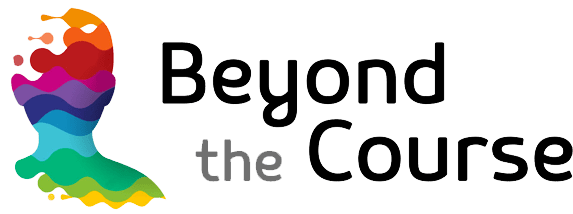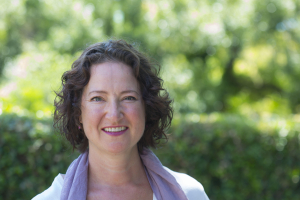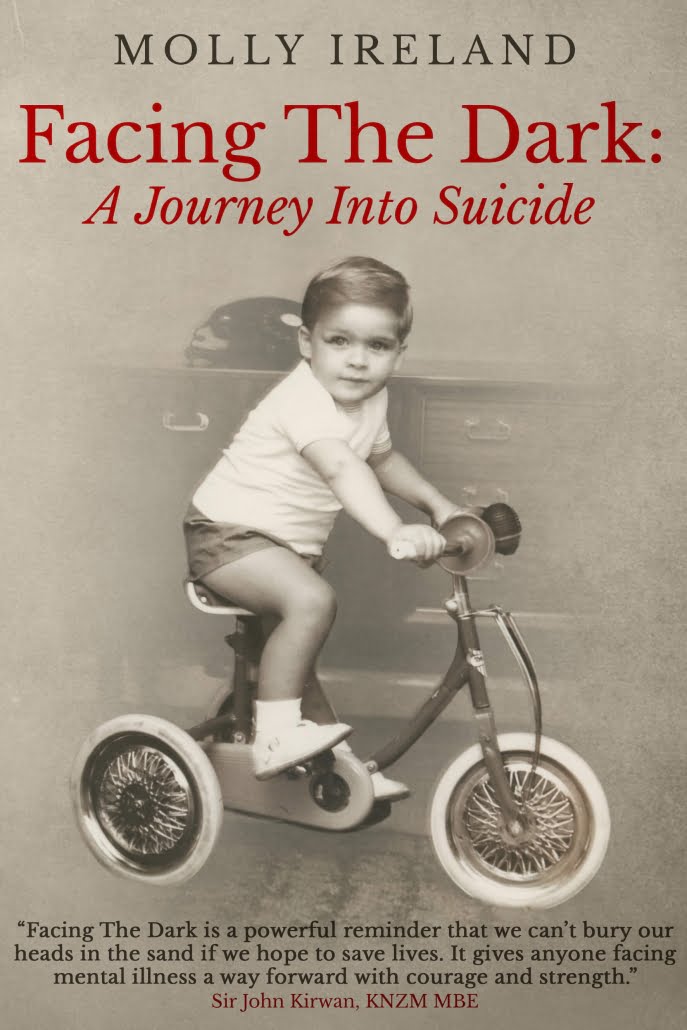Where are you?
Attention is the rarest and purest form of generosity.
French Philosopher Simone Weil gave us this understanding in Gravity and Grace, published posthumously in 1952. She also went on to say that when we practice paying attention to even the smallest and most minute aspects of our lives, we reap the deepest rewards of our humanity. Weil reminds us that where we put our attention is incredibly important.
Mostly, however, we allow ourselves to be pulled in any direction that calls rather than deciding in each moment what we’ll deliberately stop and focus on. Often we think we’re giving attention to someone or something when we’re really just semi-distracted and scattering ourselves afar. In these instances, we’re unable to benefit from the magic that true awareness offers.
Through focused attention, we achieve many practical rewards of existence, including enhanced relationships, greater understanding, and better decision making. When we slow down and really focus on one thing at a time, we give ourselves space to hear our intuition so that we’re able to pick up on unspoken cues that may require action.
In this way,
The quality of our attention becomes the quality of our lives.
But not all attention is created equal. American author Mary Oliver tells us that “attention without feeling is only a report.” And, of course, attention without admiration is scrutiny. In fact, sustained positive regard presupposes admiration and love because by the very act of giving our time to something or someone — whether it be on a heartfelt conversation, a child’s face, or a blade of grass — we radiate a powerful message: you, my beautiful object of attention, are worthy of my gaze.
Parenting from Fear
There are few experiences that narrow our attention more than fear and falling in love both of which are in abundance when we parent. It doesn’t matter if we’re “parenting” a beloved project into existence or raising another human being; both of these experiences are phenomena of attention. Without awareness, fears powerfully direct our consciousness, especially our fears about those we love the most. This is because our fears get entangled with unconscious societal expectations and rules. We don’t understand our true roles as parents and somehow fall into dysfunctional patterns based on over-responsibility for our children’s successes and failures.
Flow Not Force
Weil, like Plato, considers attention way more important than willpower. She stresses that “while willpower contracts the spirit, attention expands it . . . so, we must be indifferent to good and evil, really indifferent.” “We must turn the light of attention equally on each of them.” In this way, Weil emphasises that the so-called “good” will rise to the surface and triumph automatically. This, I believe, is a solid roadmap for the parenting paradigm shift we all need so badly. This is because we cannot force our children to do anything without risking many things, first and foremost our relationships with them, and secondly their trust in themselves.
The greatest parenting superpower is loving attention and a genuine curiosity.
An open and non-judgmental curiosity to learn about our children as they are rather than as we think they should be. If we give our children attention rather than forcing them to comply, they are much more likely to grow up to be whole, intact, and healthy human beings expressing their greatest potential. The same applies to any new initiative we wish to launch.
During the 35+ years that I’ve been parenting my children and coaching, I’ve not found any other strategy that works as well. To achieve it, however, is not easy because it requires us to put down our own agendas and reach past old fears to something new. Parenting of every sort truly is transformational and spiritually awakening if we seize it this way. And it all starts with befriending our own attention.
If the quality of your attention could be better or you or your family would like support focusing on new things, get in touch.






